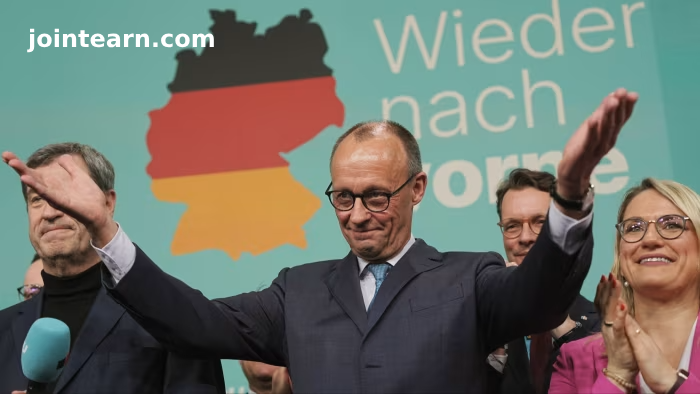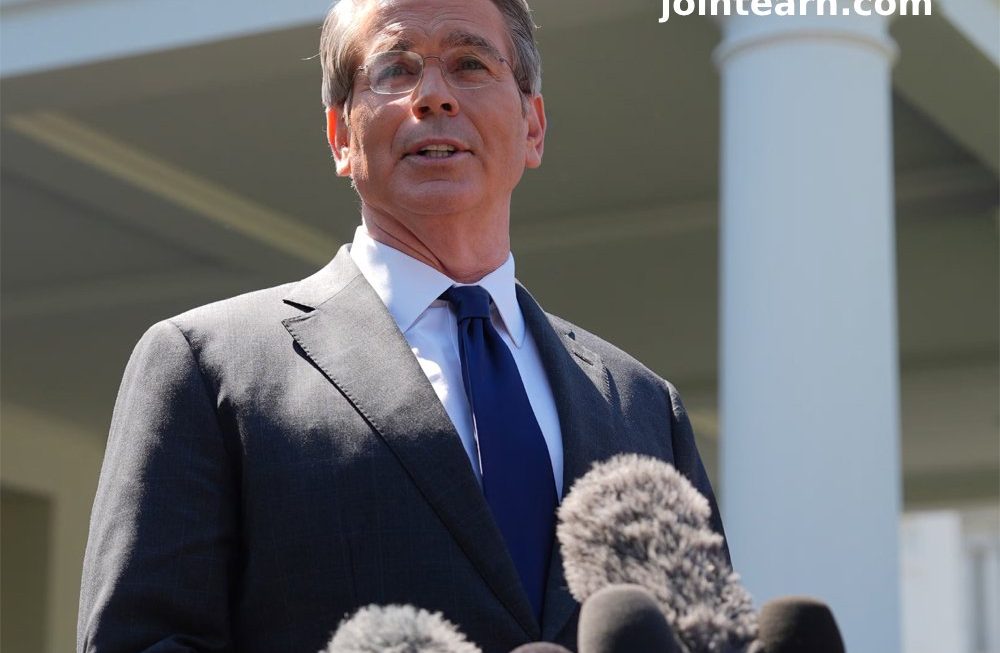Germany’s likely next chancellor, Friedrich Merz, has called for Europe to “achieve independence” from the United States following a decisive victory in Sunday’s election. Exit polls show his center-right Christian Democratic Union (CDU) and its sister party secured 28.6% of the vote, making them the largest political force in the country.
Merz Calls for Stronger Europe Amid U.S. and Russia Tensions
Merz, a veteran conservative with no prior government experience, emphasized the need for a unified and independent Europe. “We are under massive pressure from two sides,” he stated in a televised debate, referencing both U.S. and Russian influences. His remarks come in response to alleged U.S. intervention in the German election and former President Donald Trump’s stance on European affairs.
“My absolute priority will be to strengthen Europe as quickly as possible so that, step by step, we can really achieve independence from the USA,” Merz declared.
Far-Right AfD Surges to Second Place
In a historic shift, the far-right Alternative for Germany (AfD) secured 20.8% of the vote, making it the second-largest party. Despite its rising influence, Germany’s mainstream parties maintain a “firewall” policy, preventing AfD from participating in government.
Chancellor Olaf Scholz’s Social Democratic Party (SPD) suffered a major defeat, winning just 16.4% of the vote—down from 25.7% in 2021. This collapse follows the disintegration of his “traffic light” coalition government.
Europe Reacts as Germany Faces Complex Coalition Talks
Following Merz’s victory, European leaders expressed their willingness to collaborate. French President Emmanuel Macron emphasized the need for a “strong and sovereign Europe,” while UK Prime Minister Keir Starmer pledged to deepen diplomatic ties.
However, forming a new government remains a challenge. With 82.5% voter turnout, coalition negotiations are expected to be lengthy, potentially leading to political uncertainty. The SPD and the environmental Greens emerge as possible partners for Merz, though a final agreement may take weeks.
Germany’s election marks a pivotal moment for Europe, shaping the continent’s future direction on security, immigration, and economic stability.












